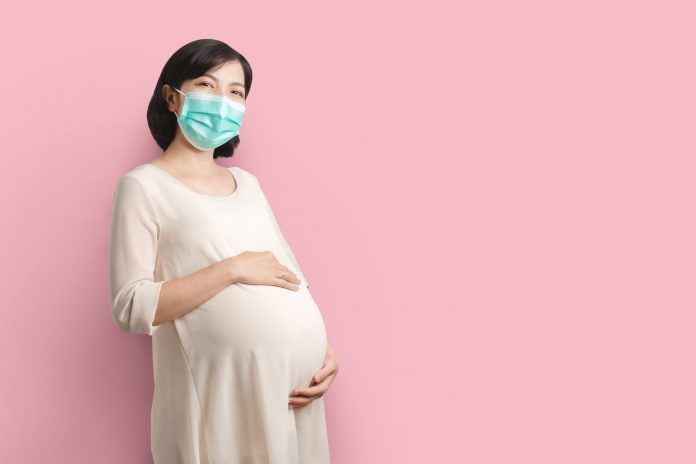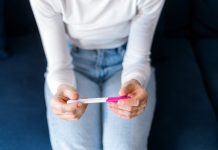According to a new study, COVID-19 infection in pregnancy is not associated with stillbirth or early neonatal death but it may increase the risk of pre-term birth
A new study, funded by the COVID-19 rapid research response by UK Research and Innovation (UKRI) and the National Institute for Health Research (NIHR), has found that COVID-19 infection in pregnancy is not associated with stillbirth or early neonatal death.
The research team looked at data from 4,004 pregnant women who had suspected or confirmed case of COVID-19 and no pre-existing conditions.
Of these women, 1,606 were from the UK, from a data registry called Pregnancy and Neonatal Outcomes in COVID-19 (PAN-COVID) and 2,398 were from the US, from the American Academy of Pediatrics Section on Neonatal Perinatal Medicine (SONPM) data registry.
High risk of pre-term birth
All of the women gave birth between January and August 2020 and no babies died as a result of COVID-19. There was also no increase in the risk of stillbirth or low birth weight. However, both datasets suggested a higher risk of birth before 37 weeks, also known as pre-term birth, and 12 women died – 8 in the UK study and 4 in the US study.
12% of women with suspected or confirmed COVID-19 had a pre-term delivery in the UK study and 15.7% of women had a pre-term birth in the US study.
Professor Christoph Lees, senior author of the study from Imperial College London, said:
“The finding that COVID-19 infection does not increase the risk of stillbirth or baby death is reassuring. However, a suspected or confirmed COVID-19 diagnosis was linked to a higher risk of preterm birth, and it isn’t entirely clear why.”
Dr Ed Mullins, co-author from Imperial College London, added:
“This study supports the prioritisation of vaccination for women who are pregnant or who plan to become pregnant, and existing measures that protect women in pregnancy from infection, in order to reduce pre-term birth.”
Professor Fiona Watt, Executive Chair of Medical Research Council, which helped fund the study, said:
“It is obviously critical to understand how COVID-19 affects different groups of people. We’re proud to have funded the present study in which, for the past year, researchers have monitored the health of a substantial number of pregnant women and their babies.
“The study’s findings, that there is no increased risk of stillbirth and early neonatal death in women who contracted COVID-19 while pregnant, are reassuring. However, the study highlights the need for more research to determine if, or how, COVID-19 affects maternal outcomes or premature birth.”
Among women in the UK study:
- 66.5% were European or North American
- 1.9% were Middle Eastern
- 1.1% were North African
- 4.2% were African south of the Sahara or Caribbean
- 7.5% were from the Indian subcontinent
- 9.2% were South East Asian.
Among women in the US study:
- 37% were white
- 25% were Black or African
- 4.1% were Asian
- 0.4% were American Indian or Alaska Native American.
The research has been published in the journal Ultrasound in Obstetrics and Gynecology.











